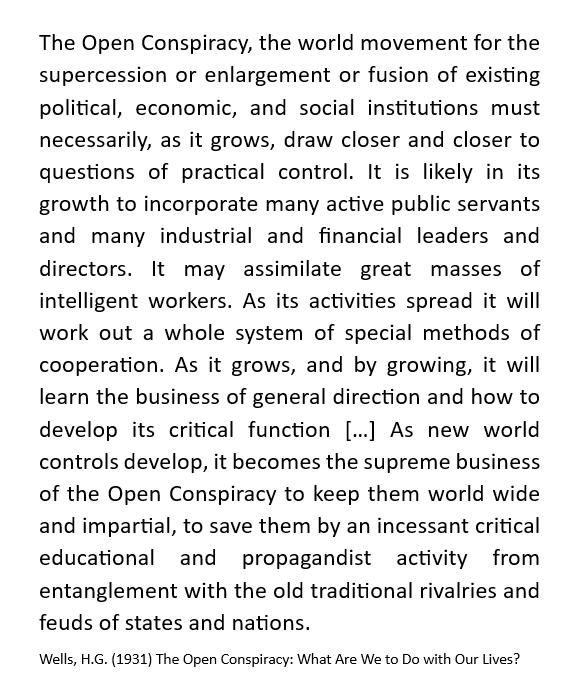This Special Issue of Animal Frontiers was written by a stellar interdisciplinary consortium of experts, to summarize the evidence on the societal impact of #meat. We hope that it may serve as a reference for future discussions on this vital topic.
🧵1/n
academic.oup.com/af/issue/13/2
🧵1/n
academic.oup.com/af/issue/13/2
As stated in our editorial (with co-guest editor @ederer_peer) "our request of the authors was not to reflect on the most granular levels of current scientific argumentation [but] to derive what can be robustly learned & has most societal significance"
2/n academic.oup.com/af/article/13/…
2/n academic.oup.com/af/article/13/…

The publication is a formalized scientific follow-up of the International Summit on the Societal Role of Meat, hosted by @teagasc in 2022, featuring various authors of the Special Issue. The Dublin presentations can be viewed here: teagasc.ie/food/research-…
3/n
3/n

The Summit also led to the #DublinDeclaration, now already getting close to a 1000 signatures, to "give voice to the many scientists around the world who research diligently, honestly & successfully" in the various domains of livestock systems.
4/n
dublin-declaration.org
4/n
dublin-declaration.org

The #DublinDeclaration also features in the Special Issue, and now comes with its own DOI number, so that it can more easily be cited in scientific literature🙌doi.org/10.1093/af/vfa…
5/n
5/n

Here's where you can browse the various articles according to your own specific interests (health, environment, economics, ethics), but have in mind that an important aim of this Issue is to facilitate a broader conversation across domains: academic.oup.com/af/issue/13/2
6/n

6/n


Except for being a guest editor (& co-authoring the editorial), my personal contributions are in the nutritional section. This thread gives the key Implications of the first article on meat's role in evolution and nutrient supply:
7/n
7/n
https://twitter.com/fleroy1974/status/1647345223259893760?s=20
Followed by a thread summarizing the key findings of our article looking into the much debated topic of meat and non-communicable disease:
8/n
8/n
https://twitter.com/fleroy1974/status/1647342750411415558?s=20
• • •
Missing some Tweet in this thread? You can try to
force a refresh

 Read on Twitter
Read on Twitter














